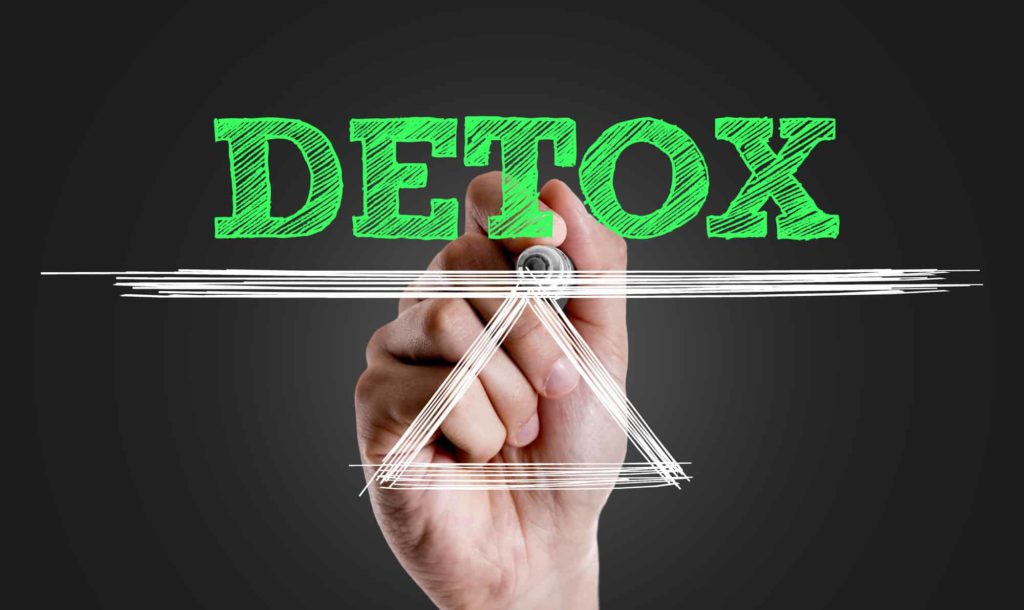Stages of Recovery
Recovery from substance use disorder is not a destination, but rather a journey that passes through various stages. Every individual’s experience is unique, but common patterns emerge, enabling us to divide the recovery process into several significant stages. Each stage poses unique challenges and milestones, and understanding these can prepare individuals to navigate their journey more effectively.

1. Acknowledgment & Decision
The first stage involves recognizing the harmful impact of substance abuse and deciding to make a change. This realization often comes when individuals acknowledge that their current path can lead to only three outcomes: incarceration, a slow and miserable death, or recovery leading to a happier and healthier life.

2. Detoxification
- Physiological Effects: The body starts to rid itself of the substance, leading to withdrawal symptoms. These can range from mild (like irritability or mood swings) to severe (like seizures or hallucinations), depending on the substance and the duration of addiction.
- Emotional Experience: Many report feelings of anxiety, irritability, or emotional numbness. These are temporary and a natural part of the body recalibrating itself.
- Duration: Detox duration varies based on the substance and individual factors, but it generally lasts a few days to a couple of weeks.

3. In/out-Patient Treatment
- Therapy & Counseling: Patients undergo various therapies to address the root causes of their addiction, develop coping strategies, and learn about the nature of their condition.
- Physical Health: As the toxins leave the system, many experience improved sleep, appetite, and general well-being.
- Emotional Swings: This is a period of significant emotional readjustment. Some days might feel incredibly hopeful, while others might be challenging.
- Duration: Typically, this intensive phase lasts around 28 days but can vary based on individual needs.

4. Early Recovery (1-3 months)
- During this stage, there are both physical and psychological adjustments.
- Individuals might experience the “pink cloud” phase, filled with euphoria and optimism.
- However, around the three-month mark, “using dreams” might occur, which, although unsettling, are a sign of the brain processing lifestyle changes

5. Active Recovery and Maintenance (3-9 months)
- A foundation for lifelong recovery is laid during this period.
- As the euphoria of early recovery fades, reality sets in.
- This stage involves learning new skills and strategies to maintain sobriety and construct a healthier lifestyle. A reawakening to life’s simple pleasures often occurs here.

6. Advanced Recovery (9 months – 4 years)
- Increased sobriety confidence characterizes this stage, but it comes with the risk of overconfidence.
- The feeling of being “cured” around the four-year mark can be misleading.
- It’s vital to remember that recovery is a continuous journey.
Throughout the recovery process, it’s essential to recognize that each stage, while presenting its challenges, also offers unique opportunities for growth and learning. Recovery, while demanding, enables individuals to reclaim their lives and realize their potential. Remember that you are not alone in this journey, and that support, in the form of professional help or peer-to-peer networks like Precision P2P, is always available.